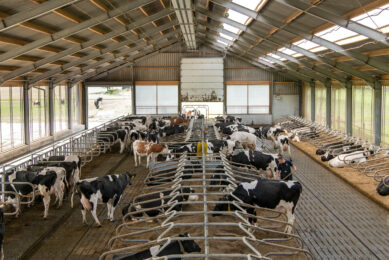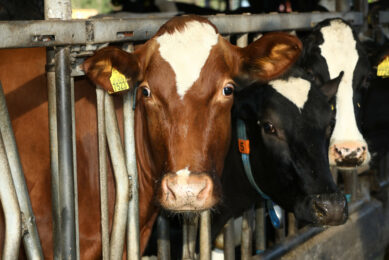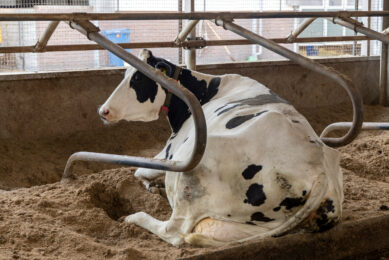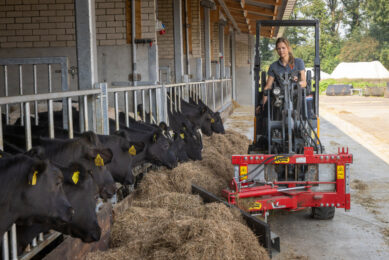UK faces bluetongue fears, vaccine authorised in the Netherlands
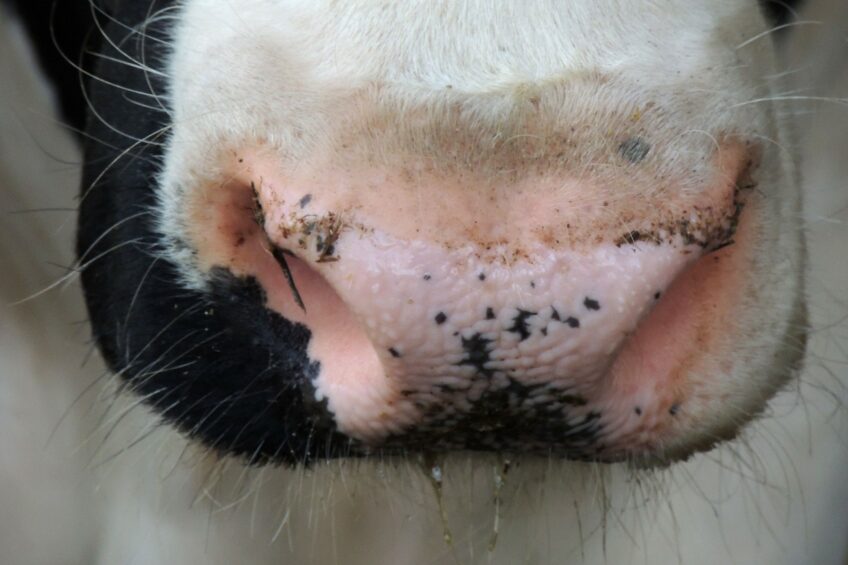
Fears that the UK could suffer a substantial bluetongue outbreak this summer have prompted farm unions to call for urgent work to introduce a bluetongue vaccine.
The government’s Animal and Plant Health Agency has confirmed “a very high probability of BTV-3 entering the UK and a very high probability of it spreading across ruminants in Great Britain”.
Vaccine authorised in the Netherlands
In its updated risk assessment published last week, the government warned that the virus could be more widely spread as infected biting midges are blown over from northern Europe. Although a vaccine for BTV-3 has been authorised for use in the Netherlands, it is yet to have authorisation in the UK and is not expected imminently.
NFU president Tom Bradshaw said it was imperative that Defra, vaccine manufacturers and the livestock sector worked together to ensure a vaccine was authorised and made available as soon as possible to help minimise the impact of the disease: “The impact of BTV3 in the Netherlands has been devastating for many farmers, especially in sheep flocks. Here in the UK, livestock farmers are anxious to protect their livestock as the risk of midge incursion increases with the warmer weather.
“While we all know that a vaccine provides the long-term solution, it is becoming increasingly clear that the Dutch BTV-3 vaccine won’t be authorised for use in the UK quickly enough to protect livestock this summer,” he said.
Chief Veterinary Officer Dr Christine Middlemiss said: “Our robust surveillance systems show we have now entered the period where biting midges are more active, and we know that the likelihood of bluetongue virus entering Great Britain is increasing. Despite the increase in midge activity, the current risk of transmission has not changed, but I would urge farmers to remain vigilant and report any suspicions to the Animal Plant Health Agency.”
Bluetongue vaccine a relief to Dutch
The Dutch have authorised a vaccine for bluetongue virus serotype 3 (BTV-3) through an accelerated procedure. Produced by Spanish pharmaceutical company, Syva, the vaccine has been tested for safe use in female sheep, with an assumption extended that it would also be safe to be used in cattle. These safety tests have informed its emergency authorisation for use on sheep and cattle in the Netherlands after more than 6,000 cases of BTV-3 in 2023.
The vaccine comes as welcome relief to Dutch producers. The outbreaks decimated the industry, with the Netherlands losing around 5% of its sheep population due to infection with BTV-3.
Although mortality rates are lower in cattle, it is estimated that 0.2% of the Dutch cattle population died from infection. The disease also causes tongue and mucous membranes lesions, causing problems with swallowing, lameness and stiffness with swollen legs affecting animal welfare and a reduction in milk yields.
“As this is a very new vaccine, there are still questions to be answered – not least about the cost of the vaccine, how it will be rolled out, and what support the government can offer to get it deployed quickly and efficiently.”
NFU livestock chair David Barton added: “Bluetongue financially impacted many businesses and caused great emotional turmoil for farmers.”
While there have been no cases of BTV-3 reported in the Netherlands in winter when midge activity is low, the Dutch authorities expect a large-scale clinical outbreak at the end of June or the beginning of July.
Join 13,000+ subscribers
Subscribe to our newsletter to stay updated about all the need-to-know content in the dairy sector, two times a week.



